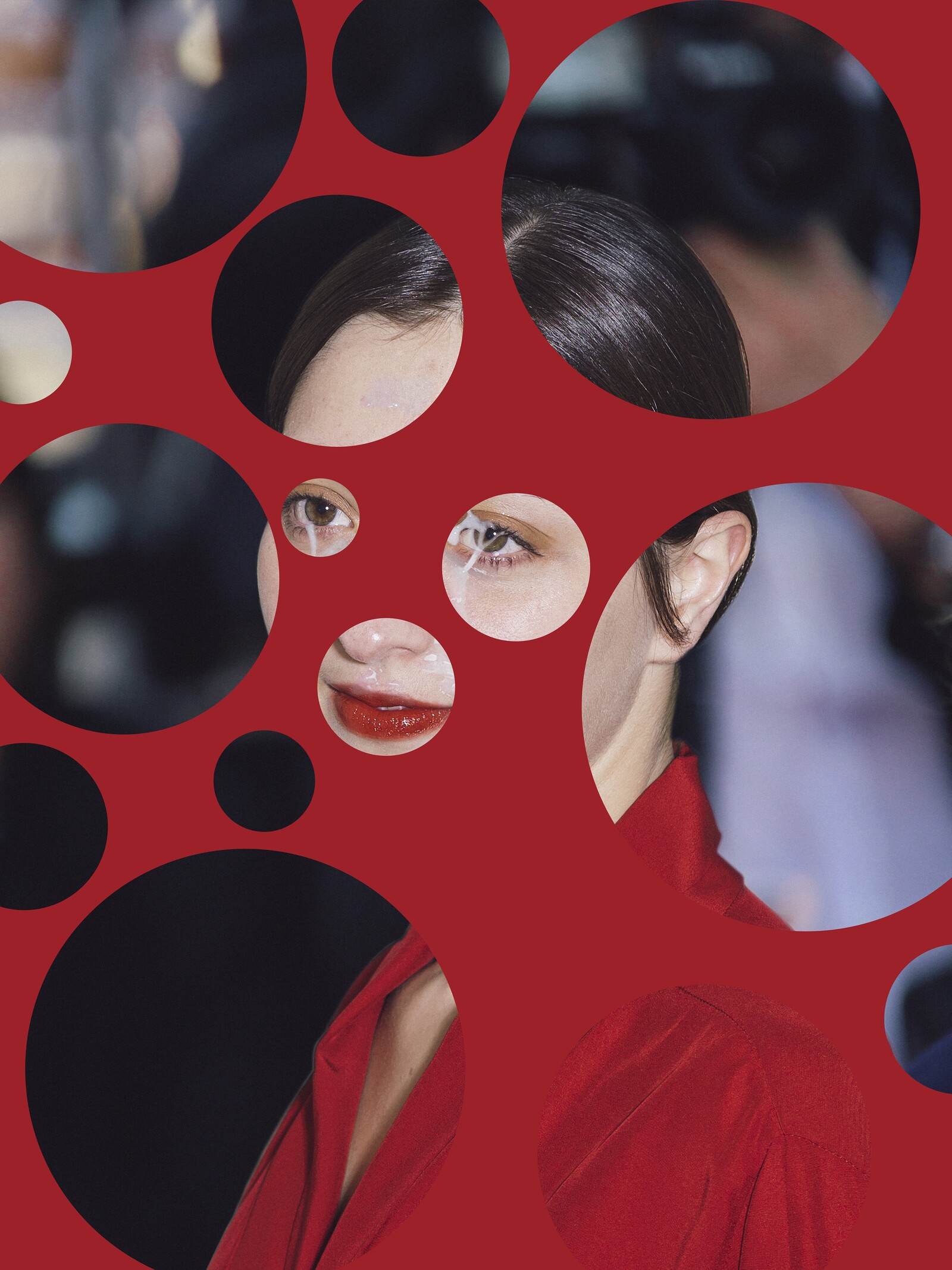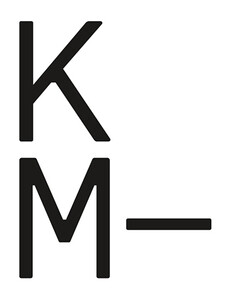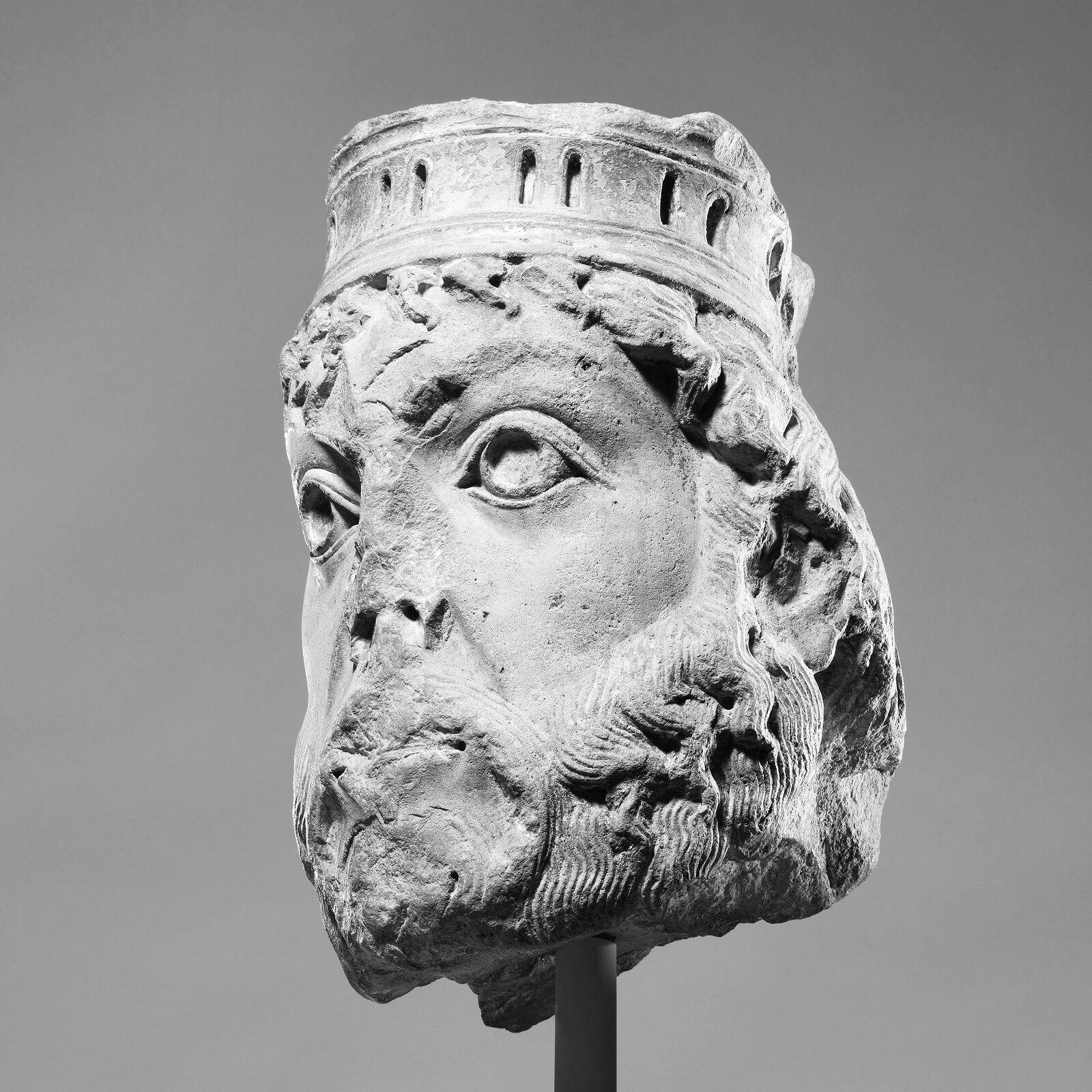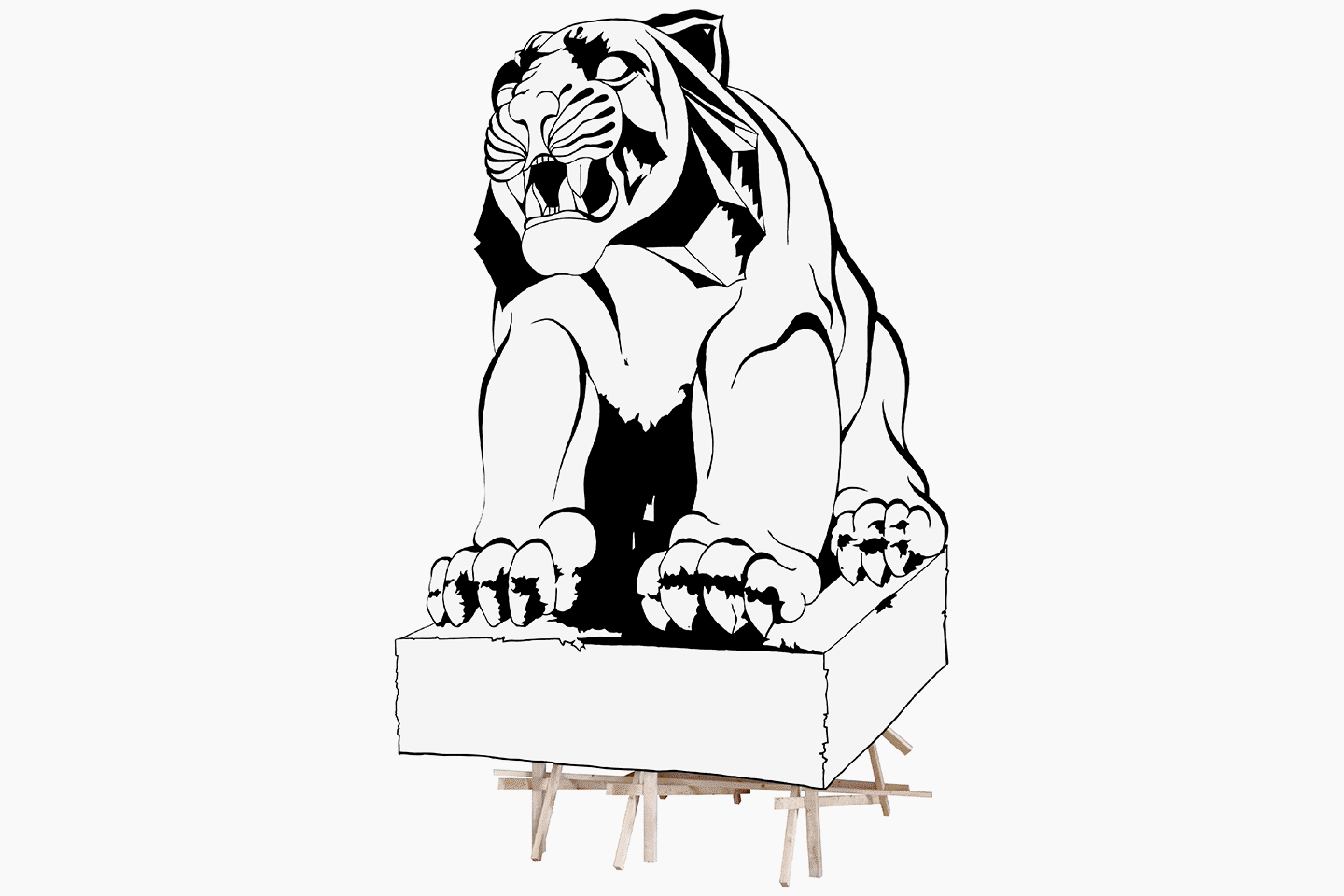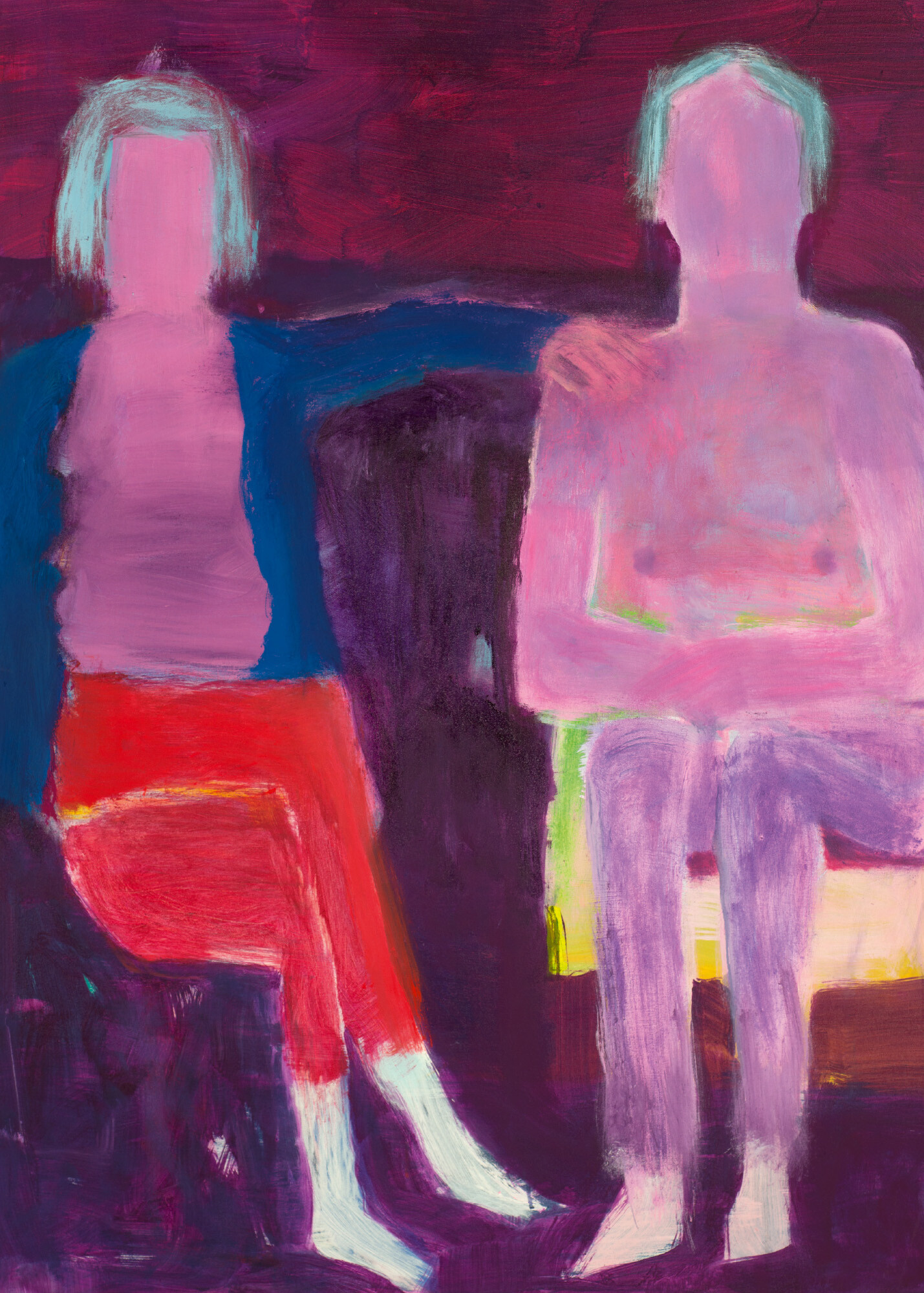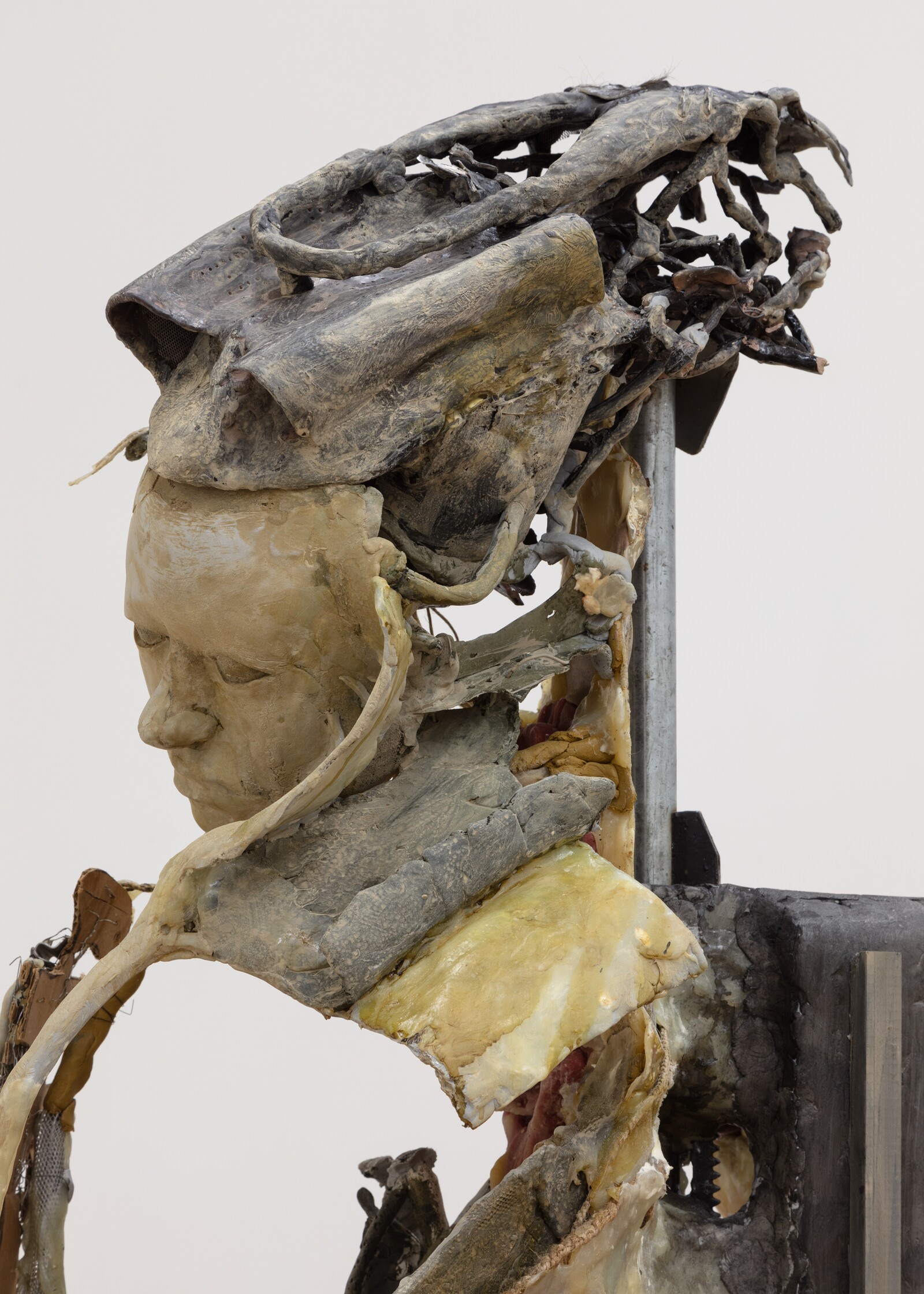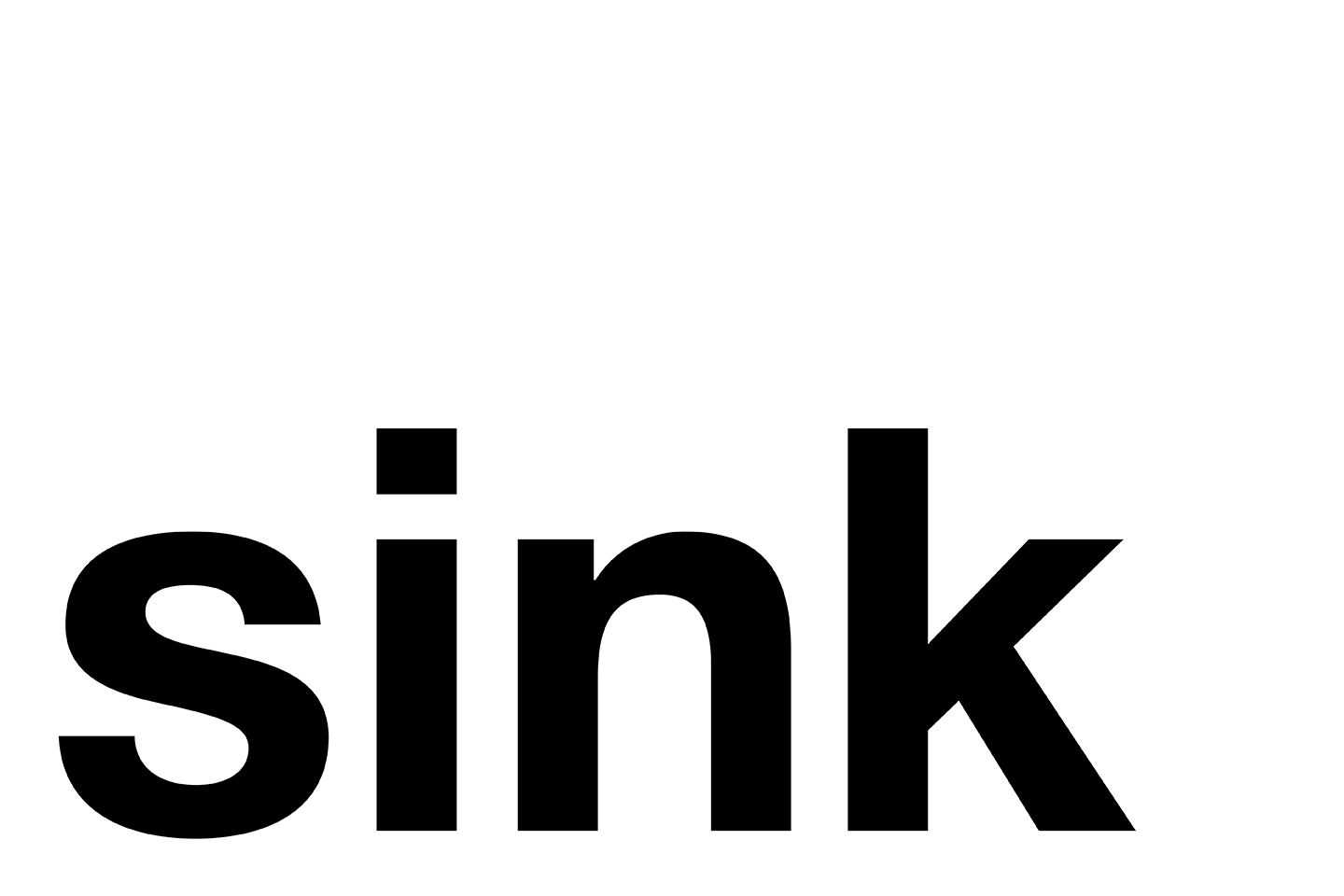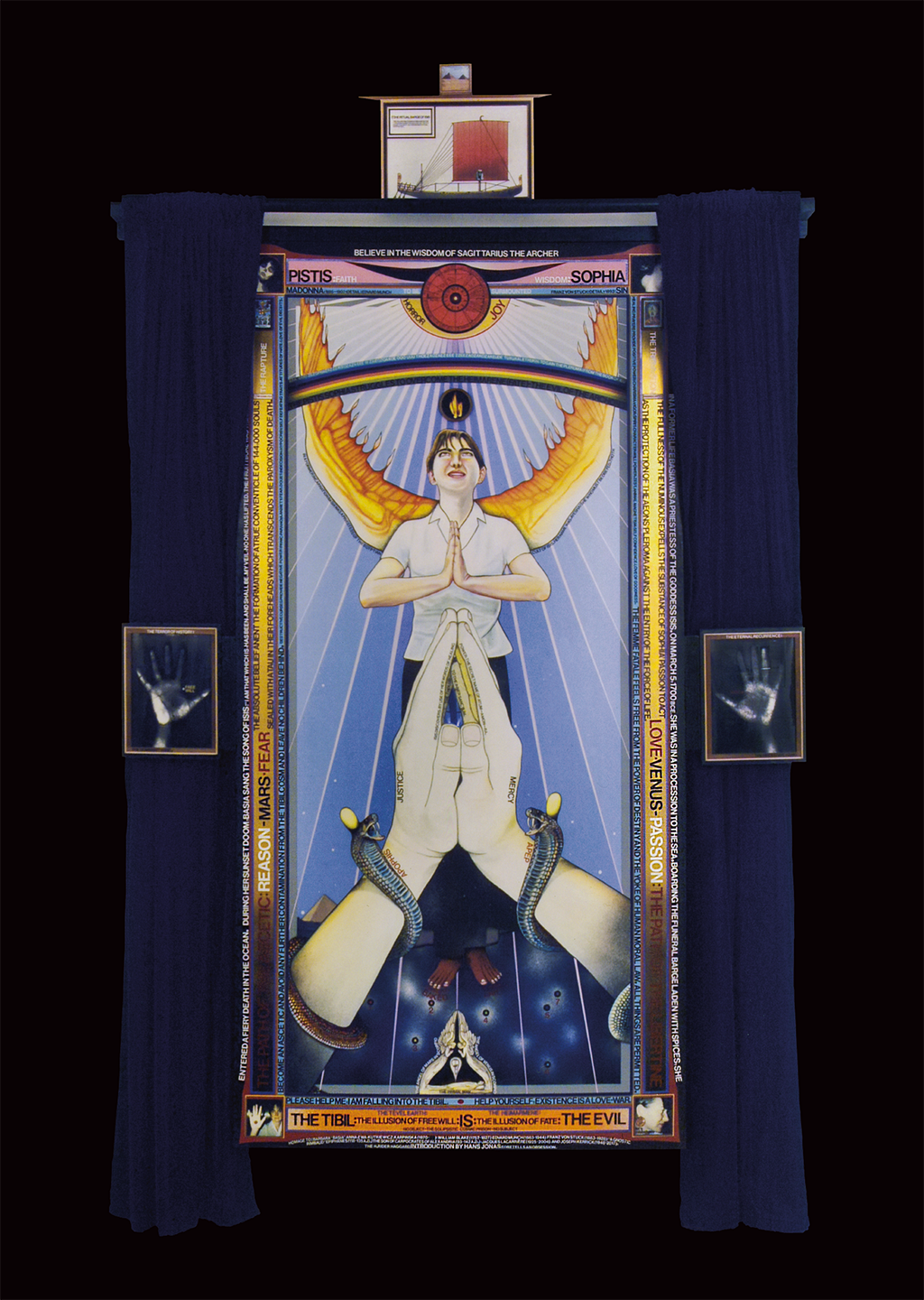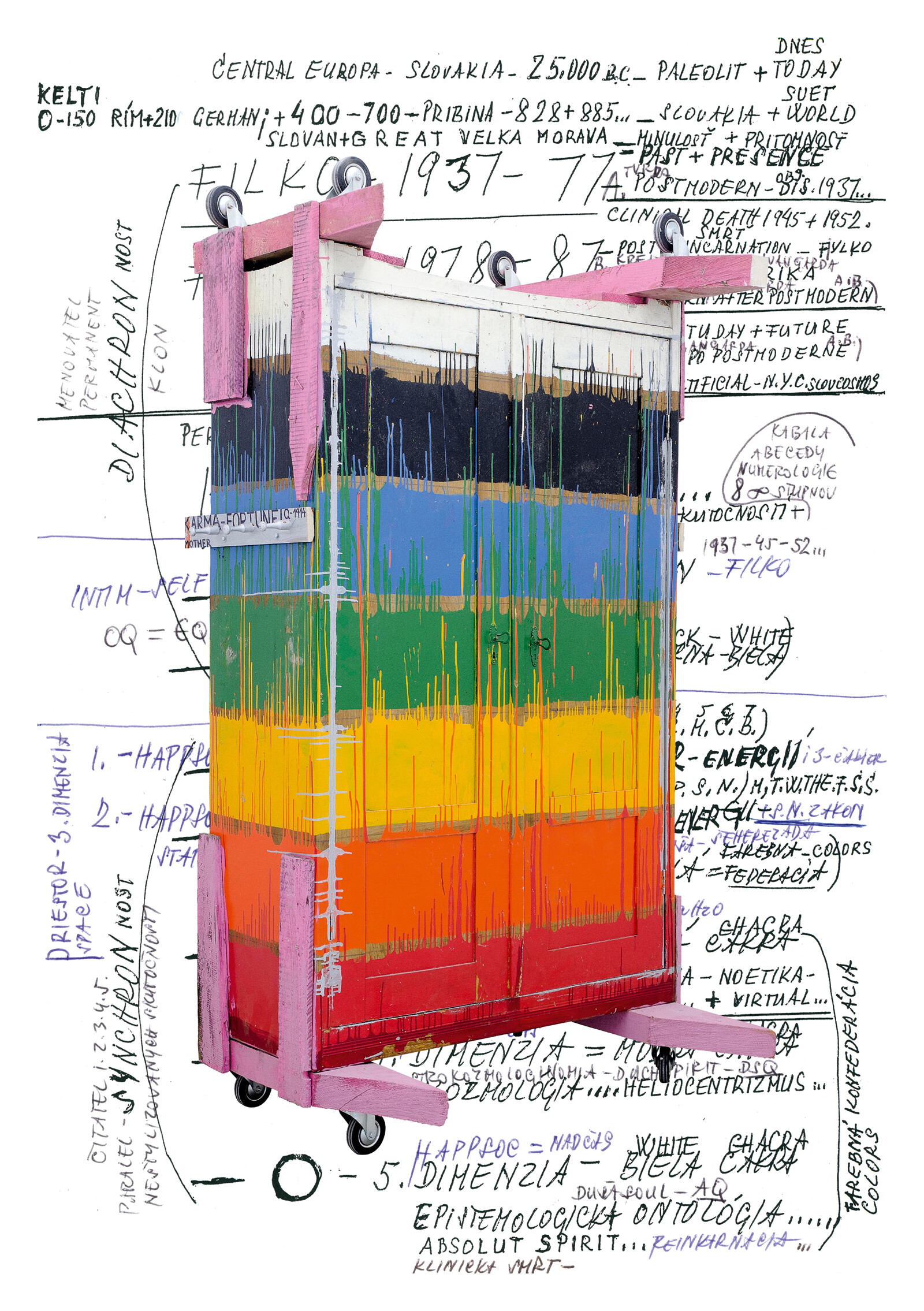February 2–April 18, 2019
Burgring 2
8010 Graz
Austria
Hours: Tuesday–Sunday 10am–6pm
T +43 316 740084
info@halle-fuer-kunst.at
Against the backdrop of current developments in politics and the media, the Künstlerhaus, Halle für Kunst & Medien (KM–), is focusing on freedom of speech, its use and its abuse. Hate Speech: Aggression and Intimacy presents international positions in contemporary art that address forms of ever more aggressive communication and the effects of social media, as well as their media-related facets. Taking center stage here are people communicating through social media with their urge to express themselves socially, with their media-driven dedication and identity-questioning game of anonymity and roleplaying. At the same time, however, these individuals yearn for their own personal boundaries and visibility, apparently on a quest for an updated kind of individuality and intimacy. To an increasing extent, the reactions from parts of the Internet community are ever more alarming, with people outdoing each other in their expressions of hostility, resentment, and hate.
When it comes to formulating and disseminating our thoughts, the Internet has effectuated a sustainable change, which enables less filtered but nonetheless more intensive participation in public discourse on the part of individuals. The diverse social-media channels make it possible, in terms of both technology and content, to intervene not only in the online versions of traditional media but also in forums of Internet-based media, with comparatively little effort. In this context, the surprisingly excessive, unfiltered expression of aggression and false information, as well as the manipulation of public opinion-making, has become a central component of present-day media discourse.
In view of a facile connection and a potential blending of the public and private realms in virtual space, a stronger focus is being placed on scrutinizing the subjective position of the individual or even on new connotations of personal intimacy. The resulting experiments on the constitution of subjects, who on the Internet at times aggressively seek visibility and often become ensnared in contradictions, are a pivotal facet of the artistic exploration of Hate Speech: Aggression and Intimacy. Therefore the concept of intimacy is accorded special attention in the exhibition. Intimacy is based on a dependability of associations and references that describe this retreat in the form of accepted data and thus facilitate concentration on one’s own self. Through technologies and communication forms on the Internet—especially in the fake news and aggressive hate speech running rampant there—it is precisely this dependability of the data situation that is constantly up for discussion, which additionally impedes the growing individual need for intimacy.
The exhibition Hate Speech: Aggression and Intimacy, featuring various international artists, takes as its point of departure the alarming leanings of this development toward what is often much-too-direct speech. The exhibition contrasts this with critical examples in order to actively support the high value of free discussion and thus also democratic opinion-making within public civil society. The project is conceived as a contribution to collaborative discussion and pursues the goal of heightening sensitivity and consciousness for the virtual, public, and private space of opinion-making.
Escalation was yesterday, de-escalate yourselves!
Curated by Sandro Droschl
with Thomas Baumann, Candice Breitz, Elena Aya Bundurakis, Tony Cokes, Petra Cortright, Folkert de Jong, Verena Dengler, Ryan Gander, Yuri Pattison, Signe Pierce, Jim Shaw, Gunther Skreiner, Markus Sworcik, Amalia Ulman, Martha Wilson and Joseph Zehrer
Almost risen out of the debris of war as one of Austria’s first cultural buildings, the Künstlerhaus was built in 1952. Similiar to the evolutionary history of the documenta venue built in 1955, the Künstlerhaus is dedicated to modernism and internationality. The Künstlerhaus, Halle für Kunst & Medien (KM–), which was reopened and newly positioned in the year 2013 following extensive renovation work, shows the contemporary art of present-day international currents in which outstanding Austrian artists are involved. Künstlerhaus stands for a house of art and its media—a place where the exhibition, production, and discussion of art are brought up to date, serving as a platform for essential issues concerning artistic producers and also visitors who actively partake in related discourse.
